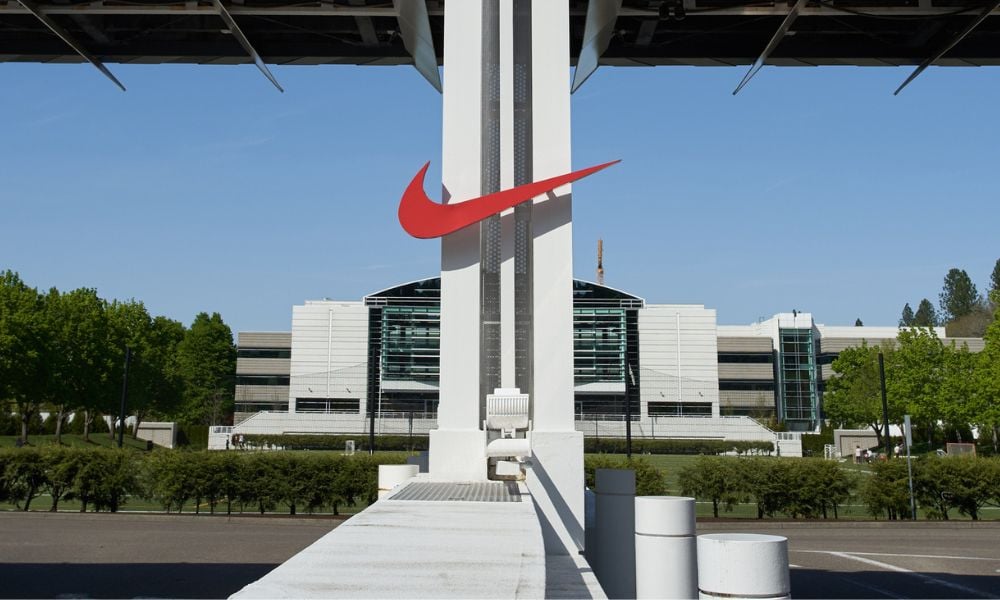We know that networking is critical for us as HR professionals, but is there enough of it happening? HC Online looks at the importance of growing the HR community.
When asked how important networking is for HR professionals, Simone Carroll’s response is instant and succinct – “It’s critical”.
But Carroll, HR director at REA Group, said she had found networking difficult in Australia and had been going to the United States for the past 10 years to network with professionals off-shore.
“I didn’t feel like I could do it [networking] out of Australia. Where I would, it was almost competitive, like we were trying to keep secrets to ourselves, or as though there wasn’t anything we needed to say, as though it wasn’t business if we were networking, or something.
“I learned from the US that sharing equals growth. It equals learning for the individual, but it also equals company growth because of all the people in the organisation, it will be the HR person who is positioned and able to influence the CEO if they understand the business principles, the core business and the growth opportunities.”
She said it was important to grow the HR community in Australia and she was using Twitter in an effort to increase networking opportunities.
“I’ve been playing with that this year, trying to figure out where the conversations are happening in the HR community.”
It’s not just other HR people you should be networking with, but those who are having conversations about things like growth, economic development and social progress, she said.
“Which organisations are having these growth conversations and who’s involved in it? In some cases it’s HR people, but in most cases it’s actually the CEO, the head of strategy and the COO. I’m interested in getting to know who those people are so I can have business conversations about growth and getting those people to think like HR people.
“If HR people see that opportunity, then you don’t have to know all the answers. I think sometimes we get afraid, like we’ve got to understand all the ins and outs. If you’re open to it and you’re networking with the right people, it will just come.”
Networking is also a valuable tool for solo HR practitioners, according to Corporate Canary HR Consulting founder and managing director Anne-Marie Orrock.
“Being very active in the networking sense is what I used to do when I was a solo HR person. I was an HR director in the IT industry and there was a group of us all from the software vendor companies and we would share and discuss information with each other – not really sensitive information, just benchmarking and getting an idea of where the market was going in terms of salaries and things like that.
“We might have employees come to us and say, ‘I could get $20,000 more if I went to work for this company’ and we knew it wasn’t true because we were talking to each other. That sort of thing is really useful for lone HR people to get connected to others in their niche.”
According to an online article from Lifehacker India, here are five strategies to enhance your networking skills:
1. Never Lose Touch
The era of falling out of touch as soon as your task is completed has long disappeared. In today’s competitive setting, it is absolutely crucial to be in contact with professionals. Sharing mobile numbers and utilising apps are the simplest methods to keep in touch. You do not have to bug them constantly, but a hearty “Good Morning” once in a while does no harm.
2. Be An Avid Listener
This is a basic prerequisite that is needed for effective networking. Experts even advise you to adhere to the 80:20 ratio for listening and speaking. Everyone likes to be acknowledged that they are being listened to. This not only allows you to engage in a proper conversation but also helps you build long-term contacts.
3. Know More About Your Connections
If you are networking with a person who is relatively popular, do a quick Google search to learn more about the person. This will enable you to gain some first-hand information about your connections. A LinkedIn profile of a person will also ensure that you can glean more information about his/her professional skills and accomplishments.
4. Use Social Media
An effective manner to keeping your contacts alive is to utilise social media platforms such as Facebook, Twitter and LinkedIn. These platforms are the ideal outlets to stay in touch with your contacts.
5. Develop Power Contacts
“All contacts are equal, but some are more equal than others.” This tagline personifies the worth of possessing some power contacts in the working industry. As you begin networking and mingling with others, you will meet people who will eventually act as your power contacts. They will introduce you to new contacts, refer you and help you establish yourself in the professional sector.
- Simone was named HR Director of the Year at the 2013 Australian HR Awards. To nominate yourself or your team in the 2014 Australian HR Awards, click here. Nominations close 12 June 2014.





